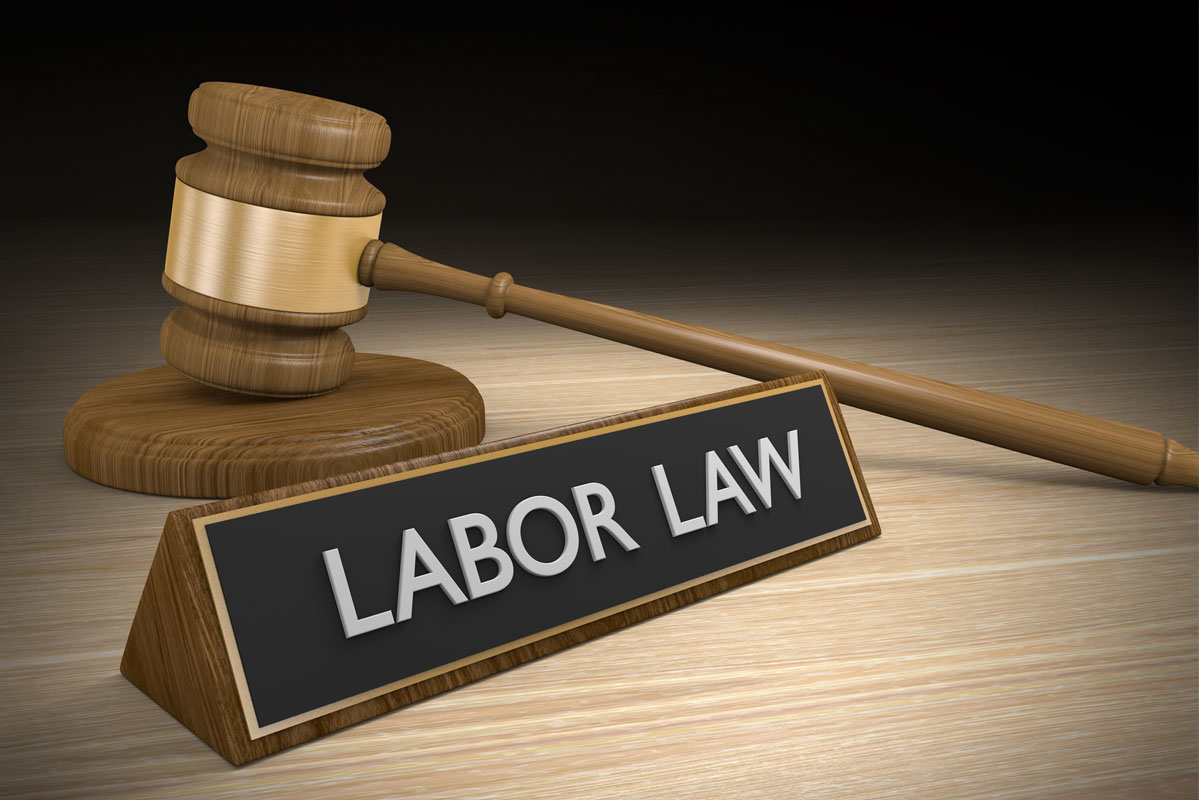Immigrant workers need protections under the Labor Law. Without protection, they are subject to exploitation, human trafficking, and retaliation. The federal government has taken action to protect these workers. Through the federal Power Act, an employer would be barred from threatening deportation in order to hire an immigrant worker. If passed, the federal Power Act would also eliminate employer sanctions.
Undocumented Workers Are Vulnerable To Exploitation
Recent events show that exploitation of undocumented workers has become a serious problem in the United States. In addition to widespread illegal hiring, some industries have actively sought out unauthorized immigrants. These workers do not have proper immigration status, and employers are willing to pay them less than minimum wage and even subcontract them to separate companies. In addition, some employers use false documents to disguise the fact that they do not verify the workers’ employment authorization. This practice has been called “shadow employment” and is an industry-sponsored system that allows employers to take advantage of cheap immigrant labor.
While undocumented immigrants do have certain rights, the current system does not protect them from discrimination or exploitation. There are federal and state laws designed to protect undocumented workers and give them recourse if employers violate these laws. These laws are enforced by the Department of Labor, the Equal Employment Opportunity Commission, and the Occupational Safety and Health Administration, among others. Undocumented workers can also take advantage of a document called the Undocumented Workers’ Employment Rights Act that outlines their rights and how to file a complaint.
They are Vulnerable to Human Trafficking
Statistics indicate that almost 72 per cent of victims of human trafficking in the United States are immigrants, and most of those victims are women. Researchers from Harvard Law School have investigated the intersection between migration and human trafficking in the United States. Their study found that immigrants from Central and South America and the Caribbean were the most susceptible. These immigrants have limited educational levels and lack of understanding of the employment protections provided by U.S. labor laws, making them particularly susceptible to human trafficking.
The Trump administration has introduced legislation that will better protect the rights of these victims. Currently, the laws on human trafficking don’t require proof of coercion. Therefore, immigrants who are caught in human trafficking crimes can be detained in their home countries. In many cases, the victims of human trafficking are undocumented. In other cases, these victims are documented guest workers and U.S. citizen children.
There are many subgroups of migrants who are vulnerable to human trafficking. They include child migrants who are fleeing violence. They may also be dislocated from the community support systems they once had. Furthermore, they may be working in sectors that are not covered by labour laws or are working through irregular means.
They are Vulnerable to Retaliation
Immigrants are vulnerable to retribution under the labor law, as they may be targeted by abusive bosses who may threaten to turn them over to immigration authorities. The problem is exacerbated for undocumented workers, who are already at risk of being deported if employers don’t report them to immigration officials. False information can result in criminal charges, fines, deportation, and even restrictions on returning to the United States. These penalties can be very severe, even if you are married to a citizen or have lived in the U.S. for many years.
The Department of Labor has issued guidance to protect immigrants from retaliation during labor disputes. While the policy does not provide specific guidance for how to use prosecutorial discretion, it provides some protections for those who fear reporting labor violations and fear deportation. If an employee is afraid of facing deportation as a result of reporting labor abuse, they can request prosecutorial discretion from the Department of Homeland Security (DHS) and seek protection from deportation during a labor abuse investigation.
Undocumented immigrants are disproportionately vulnerable to workplace safety violations and retaliation by their employers. One report suggests that 6.5 million undocumented workers are victims of wage theft and overtime violations each year. Additionally, immigrants are two and a half times more likely to be killed on the job than non-immigrants.
They Are Protected From Unfair Labor Practices
Under the federal government’s Fair Labor Standards Act, immigrants are protected from discrimination in employment. In addition, the National Labor Relations Board (NLRB) protects workers from retaliation for participating in protected concerted activity. Under the NLRA’s process, a worker has six months from the date of unlawful retaliation to file an unfair labor practice charge. Advocates for Labor Law for immigrants often prioritize NLRB charges over OSHA complaints because the NLRB has a better understanding of immigration status-related processes.
Immigrants are protected from unfair labor practice in various ways, including being paid the minimum wage, being paid overtime, and participating in unionized workplaces. They also have rights under federal and state labor laws. These protections are enforced by the National Labor Relations Board, the Equal Employment Opportunity Commission, and the Occupational Safety and Health Administration. The NLRB has issued an undocumented workers’ employment rights document that outlines their rights. But despite these protections, undocumented workers are often discouraged from challenging unfair work practices, even when they are aware of their rights.
This new guidance issued by the NLRB emphasizes the importance of protecting immigrant workers under the NLRA. It instructs the regional NLRB offices to inform workers of their rights. The guidance also reminds witnesses of unfair labor practices that their immigration status will not affect their ability to pursue a case.

